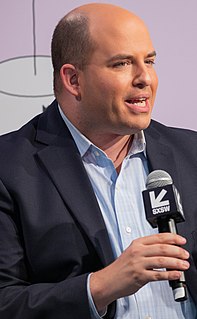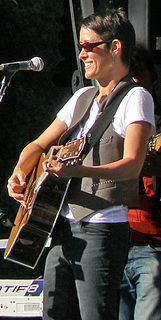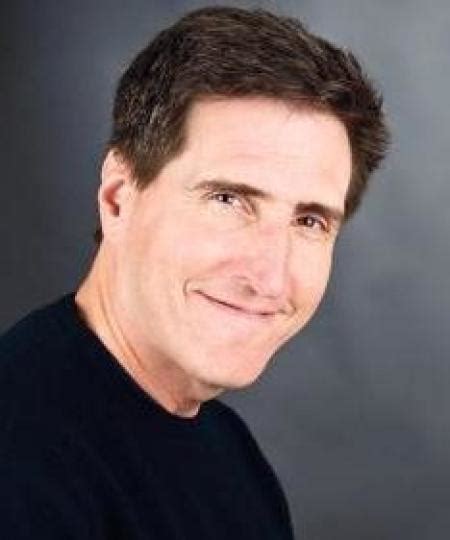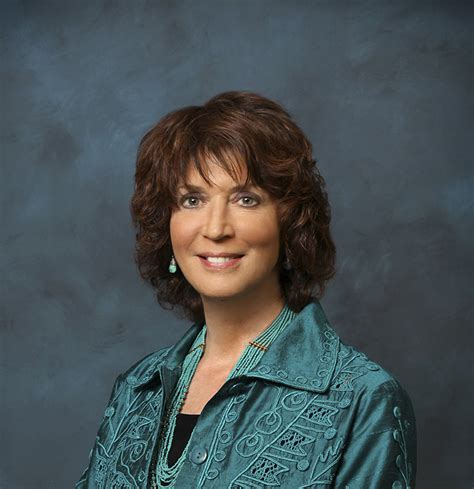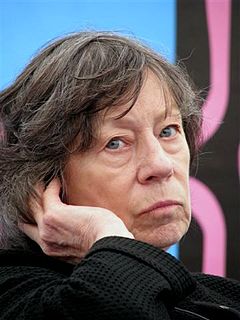A Quote by Eleanor Smeal
I have been studying women’s political behavior since the early 1970s and first identified the gender gap in 1980 with the help of legendary pollster Louis Harris.
Related Quotes
The Greeks first identified the Amazons ethnographically, as a nation of men and women distinguished by something outstanding in their gender relations. Later, any ambivalence or anxiety that knowledge of this alternative gender-neutral culture evoked among Greeks was played out in their mythic narratives about martial women.
I understand why some women/girls/ladies don't want to be women-identified 'cuz it totally complicates your band identity and no one seems to pay much attention to the music or what you're doing. We have chosen to be girl-identified (although Billy isn't a girl!), because we want to encourage other women/girls to play music. When I was growing up, I found it discouraging to have all these women in bands not wanting to address the issue of gender...we're interested in what women are doing.
The Russians have been flying long duration crews since the early '70's. And in the early days, they've ended at least two missions early because of conflicts within the crew. So, they learned early on the importance of studying this and making sure you put the right crew together. Since we began our work together on the International Space station with the Russians in the early 2000's, NASA has started to learn the importance of this kind of work. And so, I think it's important work and we are not fully onboard and recognize it as important.
U.N. Women was created due to the acknowledgement that gender equality and women's empowerment was still, despite progress, far from what it should be. Transforming political will and decisions, such as the Member States creating U.N. Women, into concrete steps towards gender equality and women's empowerment, I think is one of the main challenges.
Is there a gender gap in the music industry? It is true that there are more professional male music creators than female. For some reason, it's taking a lot longer in music than in literature and the visual arts to reach equilibrium. It was almost acceptable by the 19th century for female writers to be published, yet it's only in the last couple of decades, since about 1980, that historical female composers have really emerged.


